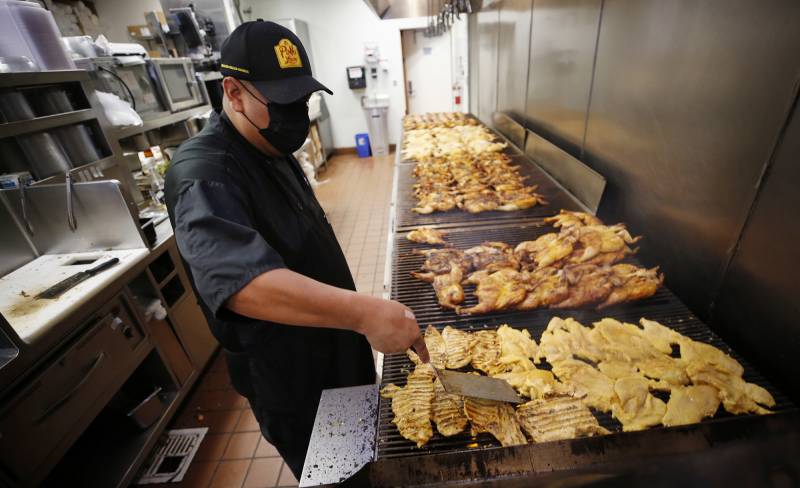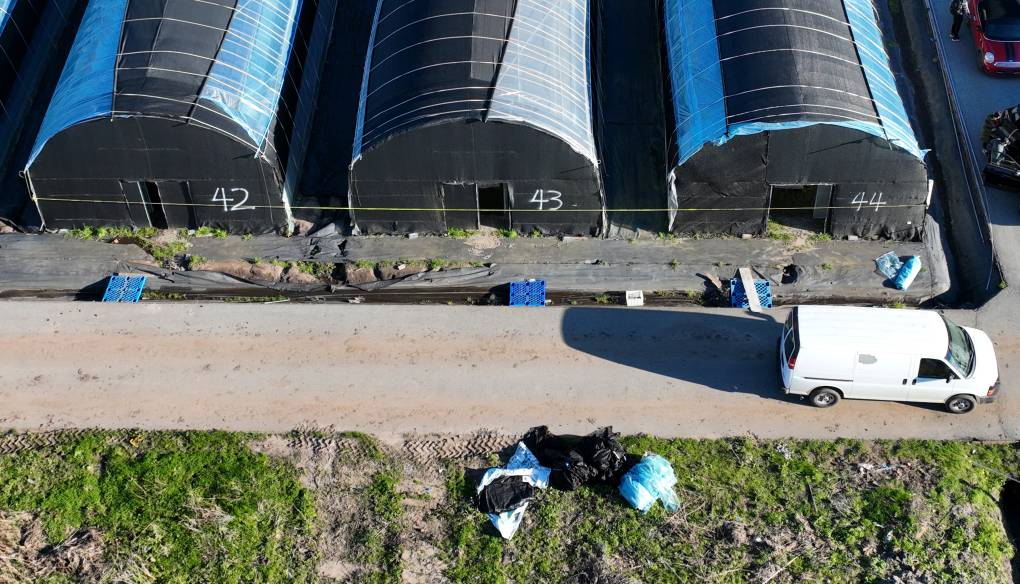“By delaying the standard, we are going to harm low-income workers the most. They are at risk,” Grewal said at Thursday’s occupational safety standards board meeting. “Heat in California is a public health emergency and a worker health emergency and needs to be treated as such.”
The hold-up comes as the Department of Finance must review the fiscal impact of major regulations on state agencies before they are approved. The department has already commented on the indoor heat rule through the formal rulemaking process.
However, new estimates it received recently signaled that the standard could cost correctional institutions billions of dollars to implement, said H.D. Palmer, a department spokesman. The agency lacked enough time to assess whether those figures were accurate or fiscally responsible at a time when California braces for a budget shortfall, he added.
“This wasn’t us trying to say we want to stop this from a policy standpoint,” Palmer told KQED. “It wasn’t a policy-based decision. It was simply that we could not sign off on — late in the game — cost estimates that could potentially be in the billions of dollars.”


